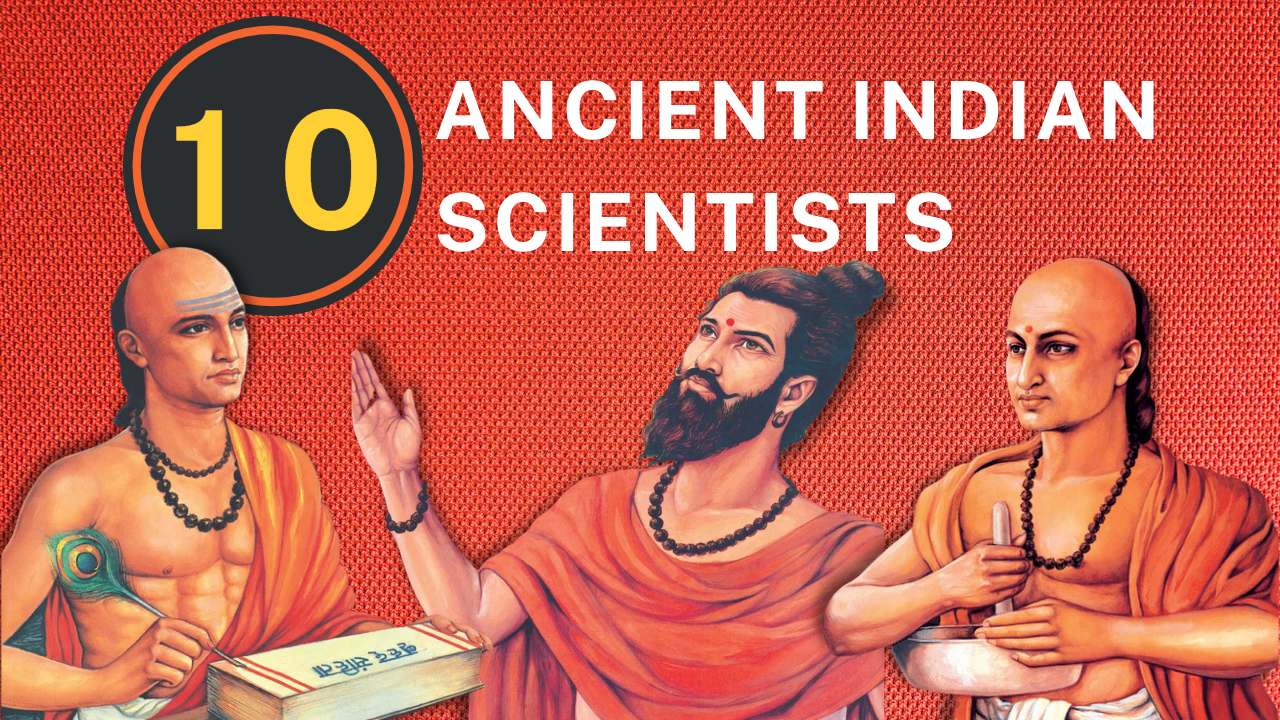Indian civilization is among the oldest in the world and it is known for a quest for learning and scientific temper during ancient times.
Ancient Indians were brilliant storytellers, they mostly passed historical information through storytelling and memory. This worked well but also had the disadvantage of not documenting important discoveries and inventions and in general — contributions to science.
What was lost has now also been translated into exaggerations occasionally where every major discovery and invention is alluded to be originating from India. The truth is somewhere in between.
Indian civilization contributed immensely to the scientific advancement of human civilization like many others, it also influence and drew inspiration from some of the greatest ancient civilizations of the time.
Let us look at the 10 greatest Indian scientists and their contrition to the world.
1. Aryabhata
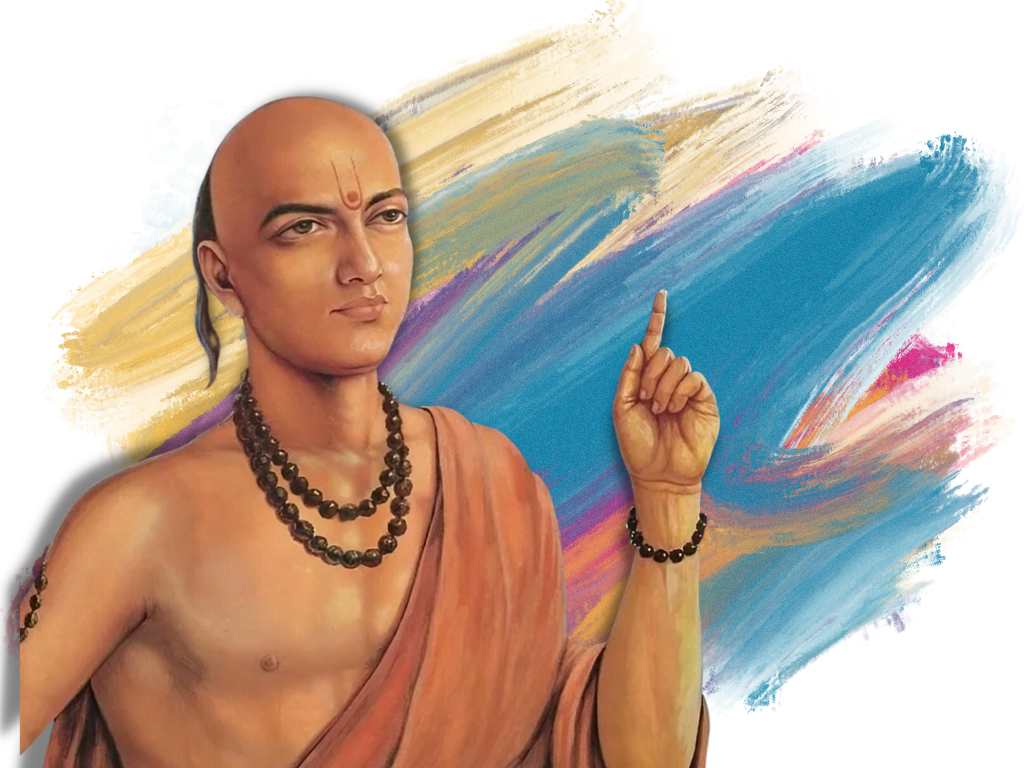
Aryabhata was an ancient Indian mathematician and astronomer who is credited with creating the first known Indian mathematical text, the Aryabhatiya.
He was born in 476 CE and lived during the Gupta Empire and is considered one of the greatest mathematicians and astronomers of ancient India.
Aryabhata made significant contributions to the fields of mathematics and astronomy. In mathematics, he is known for his work on trigonometry, calculus, and algebra.
He is also credited with discovering the concepts of sine, and cosine, and made important contributions to the study of geometric series, quadratic equations, and the solution of indeterminate equations.
In the field of astronomy, Aryabhata made several important discoveries and contributions. He is credited with creating the first known Indian mathematical model of the solar system, in which he correctly proposed that the Earth rotates on its axis and orbits the sun.
He also developed a method for accurately predicting the occurrence of eclipses, and he accurately calculated the length of the solar year.
Overall, Aryabhata’s contributions to the fields of mathematics and astronomy were highly significant and helped to advance the understanding of these subjects in ancient India. His work laid the foundation for many of the mathematical and astronomical concepts that are still in use today.
2. Varahamihira

Varahamihira was an Indian astronomer, mathematician, and astrologer who lived during the Gupta Empire. He is known for his work on trigonometry and for his contributions to the study of planetary motion and eclipses.
He is credited with creating several significant astronomical works, including the Pancha Siddhantika, which describes the five main astronomical systems of the time.
He is also known for his contributions to mathematical astronomy, including the calculation of the time of eclipses and the prediction of future celestial events.
3. Brahmagupta
Born in 598 CE, Brahmagupta was an Indian mathematician and astronomer who lived during the Gupta Empire, which flourished in India from the 4th to the 6th centuries.
He is considered one of the most important mathematicians and astronomers of ancient India and is known for his significant contributions to the study of algebra, geometry, and trigonometry.
One of Brahmagupta’s most notable contributions was his work on the concept of zero. He is credited with being the first person to recognize that zero was a number in its own right, rather than simply a placeholder.
This led to the development of the decimal place value system, which is still used today in the Hindu-Arabic numeral system.
Brahmagupta also made important contributions to the study of algebra. He is known for his work on solving quadratic equations and for his formula for calculating the sum of the cubes of two numbers.
This formula, known as Brahmagupta’s Formula, is still used today in many mathematical calculations.
In addition to his work on algebra, Brahmagupta also made significant contributions to the study of geometry and trigonometry. He is known for his work on the properties of shapes and for his development of the concept of sine, which is an essential tool in the study of trigonometry.
Overall, Brahmagupta’s contributions to the fields of mathematics and astronomy were significant and enduring. His work laid the foundations for many of the mathematical and scientific concepts that are still used today, and his legacy continues to be celebrated in the field of science.
4. Sushruta
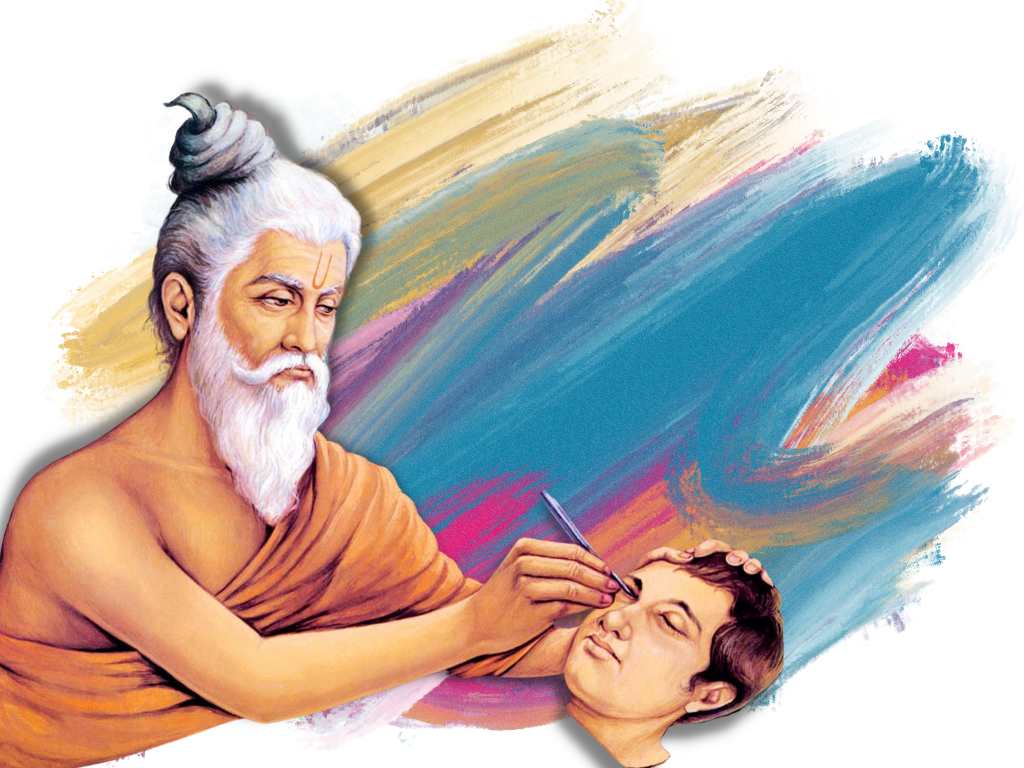
Sushruta was an ancient Indian physician and surgeon who is regarded as the father of plastic surgery.
He lived in the Indian subcontinent during the 6th or 7th century BCE and is known for his extensive work on medical procedures, including the use of anesthesia and the creation of the first known medical textbook, the Sushruta Samhita.
One of Sushruta’s most notable contributions to the field of medicine was his work on plastic surgery. He is credited with being the first person to describe the use of skin grafts to repair damaged or disfigured tissues and is considered the founder of plastic surgery.
In addition to his work on plastic surgery, Sushruta is also known for his contributions to the use of anesthesia in medical procedures.
He is believed to have been the first person to use cannabis as an anesthetic (not officially recorded) and is credited with describing a number of other herbal remedies that were used to induce unconsciousness during surgery.
Sushruta’s work on medical procedures and treatments was compiled into a comprehensive medical textbook known as the Sushruta Samhita.
This text is considered a key source of knowledge on ancient Indian medicine and is still studied and referenced by modern-day physicians.
Overall, Sushruta’s contributions to the field of medicine were significant and enduring. His work on plastic surgery and the use of anesthesia continues to be celebrated and studied in the modern day, and his legacy as the father of plastic surgery remains unquestioned.
5. Charaka

Charaka was an Indian physician who is considered the father of Ayurveda, the traditional Indian system of medicine.
He lived in the Indian subcontinent during the 4th or 5th century BC and is known for his work on the principles of health and disease, and for his contributions to the study of anatomy and physiology.
One of Charaka’s most notable contributions to the field of medicine was his work on the principles of Ayurveda.
He is credited with developing the concept of the three doshas, which are believed to be the three fundamental energies that govern the functioning of the body.
These Doshas are known as Vata, Pitta, and Kapha, and each one is associated with different bodily functions and characteristics.
Charaka is also known for his work on the principles of health and disease. He believed that health was the result of a balance between the body, the mind, and the spirit and that disease occurred when this balance was disrupted.
He developed a comprehensive system of diagnostics and treatment that aimed to restore the balance of the body and prevent the onset of disease.
In addition to his work on Ayurveda, Charaka is also known for his contributions to the study of anatomy and physiology.
He is believed to have been the first person to describe the circulatory system and the concept of the pulse and is credited with making many important observations about the structure and function of the human body.
Overall, Charaka’s contributions to the field of medicine were significant and enduring. His work on Ayurveda continues to be studied and practiced in the modern day, and his legacy as the father of Indian medicine remains unquestioned.
6. Panini
Panini was an ancient Indian linguist and grammarian who is considered the father of linguistics. He lived in the Indian subcontinent during the 4th or 5th century BCE and is known for his work on the Sanskrit language, including the creation of the first known grammar of the language, the Ashtadhyayi.
One of Panini’s most notable contributions to the field of linguistics was his work on the Sanskrit language.
He is credited with creating the first known grammar of the language, which was a comprehensive and systematic description of its structure and rules.
This grammar, known as the Ashtadhyayi, is still studied and referenced by linguists today.
Panini’s work on the Sanskrit language also had important implications for the study of linguistics more broadly.
He developed a number of concepts that are still used in modern linguistic theory, including the idea of generative grammar and the concept of the phoneme, which is the smallest unit of sound in a language.
In addition to his work on the Sanskrit language, Panini is also known for his contributions to the study of linguistics more broadly.
He is believed to have been the first person to develop a systematic approach to the study of language, and his work laid the foundations for many of the concepts and theories that are still used in modern linguistic research.
Overall, Panini’s contributions to the field of linguistics were significant and enduring. His work on the Sanskrit language and the development of linguistic theory continues to be studied and celebrated in the modern day, and his legacy as the father of linguistics remains unquestioned.
7. Patanjali
Patanjali was an ancient Indian philosopher and yogi who is best known for his work on yoga and the Hindu spiritual tradition. He lived in the Indian subcontinent during the 2nd or 3rd century BC and is credited with writing the Yoga Sutras, a key text on the practice of yoga.
One of Patanjali’s most notable contributions to the field of philosophy was his work on yoga. He is credited with writing the Yoga Sutras, a text that outlines the principles and practices of yoga. The Yoga Sutras are still studied and referenced by yogis and spiritual seekers today and are considered a key source of knowledge on the practice of yoga.
In addition to his work on yoga, Patanjali is also known for his contributions to the Hindu spiritual tradition.
He is believed to have been the author of the Mahabhasya, a commentary on the ancient Indian scriptures known as the Vedas. This commentary is still studied and referenced by scholars of Hinduism today.
Overall, Patanjali’s contributions to the fields of philosophy and spirituality were significant and enduring. His work on yoga and the Hindu spiritual tradition continues to be studied and celebrated in the modern day.
8. Bhaskara II
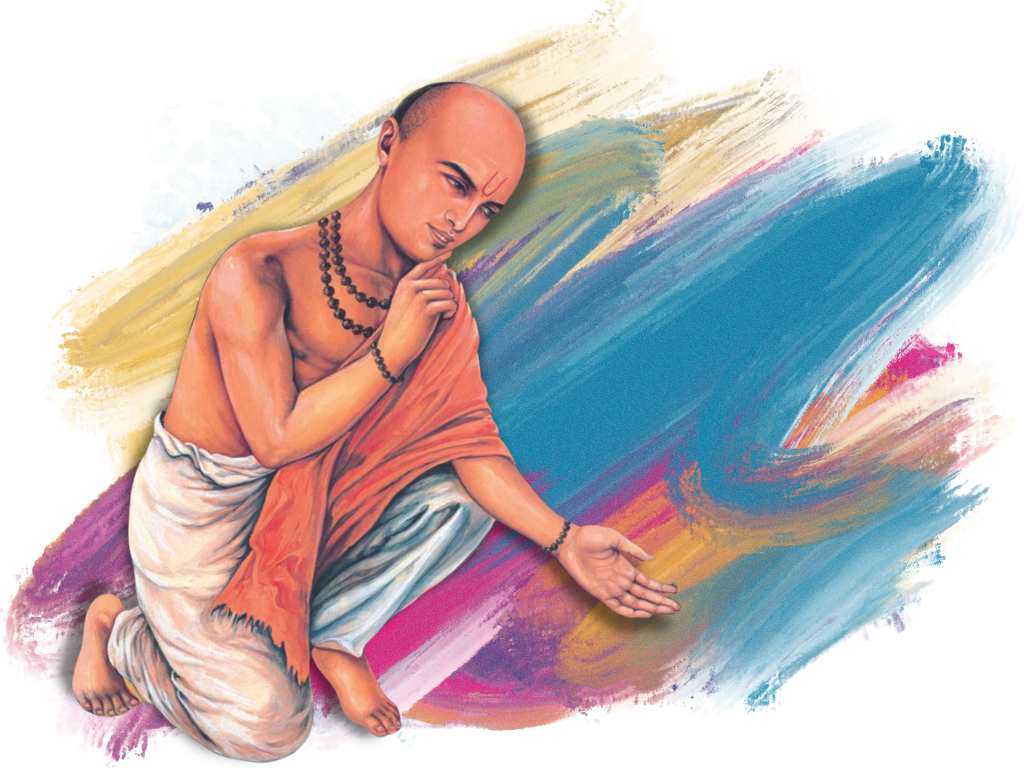
Bhaskara II was an Indian mathematician and astronomer who made important contributions to the study of calculus, trigonometry, and algebra. He lived in he was born in 1114 in Vijjadavida and is known for his work on the concept of infinitesimals and for his approximation of the value of pi.
One of Bhaskara’s most notable contributions to the field of mathematics was his work on calculus. He is credited with being the first person to develop the concept of the derivative, which is a fundamental tool in the study of calculus.
He also made significant contributions to the study of infinite series, which are a key component of calculus.
In addition to his work on calculus, Bhaskara is also known for his contributions to the study of trigonometry.
He is credited with developing the concept of the sine, which is an essential tool in the study of trigonometry. He also made significant contributions to the study of algebra, including the development of methods for solving quadratic equations.
Overall, Bhaskara’s contributions to the field of mathematics were significant and enduring. His work on calculus, trigonometry, and algebra continue to be studied and used today.
9. Pingala
Pingala was an Indian mathematician and linguist who is known for his contributions to the study of binary numbers and the concept of code-based languages. He lived in the Indian subcontinent during the 2nd or 3rd century BC and is credited with creating the first known binary numeral system.
One of Pingala’s most notable contributions to the field of mathematics was his work on binary numbers.
He is credited with being the first person to develop a system of representing numbers using only two digits: 0 and 1.
This system, known as the binary numeral system, it forms the basis of computation in modern computing and technology.
In addition to his work on binary numbers, Pingala is also known for his contributions to the study of code-based languages.
He is believed to have been the first person to develop the concept of a code that could be used to represent the letters of the alphabet and other symbols. This idea formed the basis for many modern codes and encryption systems.
10. Kanada
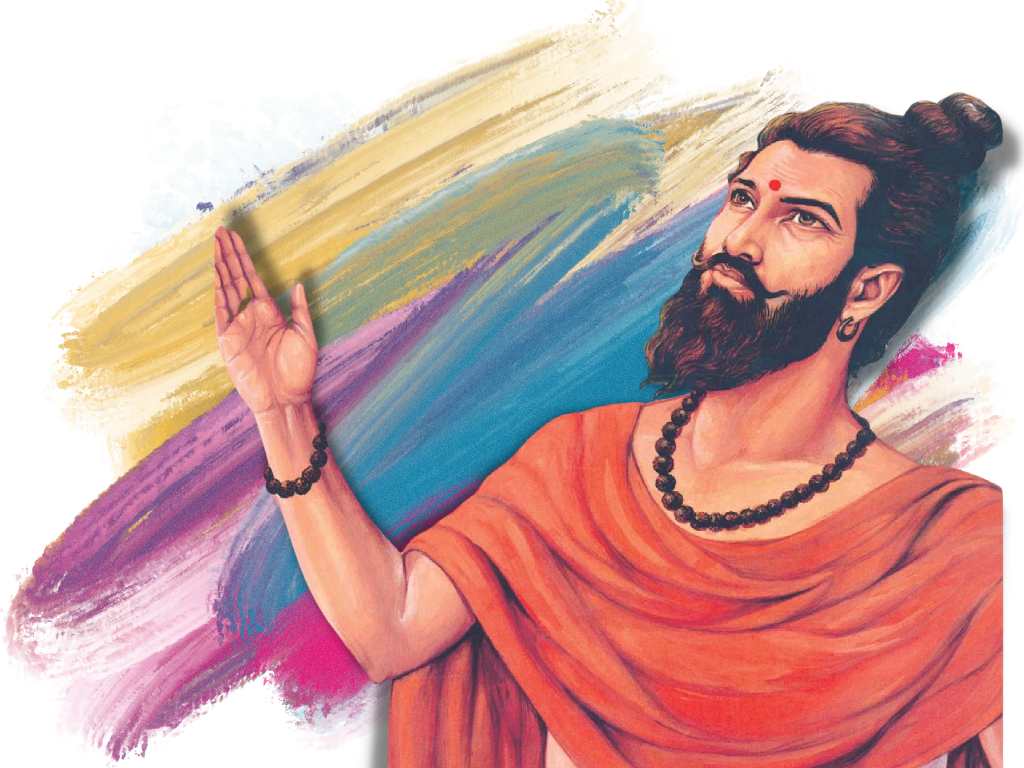
Kanada was an Indian philosopher and scientist who is considered the founder of the Vaisheshika school of Indian philosophy. He was born in modern-day Gujarat and his real name was Kashy.
He lived in India during the 6th or 7th century BC and is known for his work on atomic theory and the principles of matter and motion.
One of Kanada’s most notable contributions to the field of science was his work on atomic theory.
He is credited with being the first person to develop the concept of atoms as the fundamental building blocks of matter.
He postulated that all matter was made up of atoms and that these atoms had different characteristics and properties that determined the properties of the substances they formed.
In addition to his work on atomic theory, Kanada is also known for his contributions to the study of matter and motion.
He developed a comprehensive system of mechanics that described the behavior of objects and their interactions with each other. This system formed the basis for many of the principles of classical mechanics that are still used today.
Overall, Kanada’s contributions to the fields of philosophy and science were significant and enduring.
